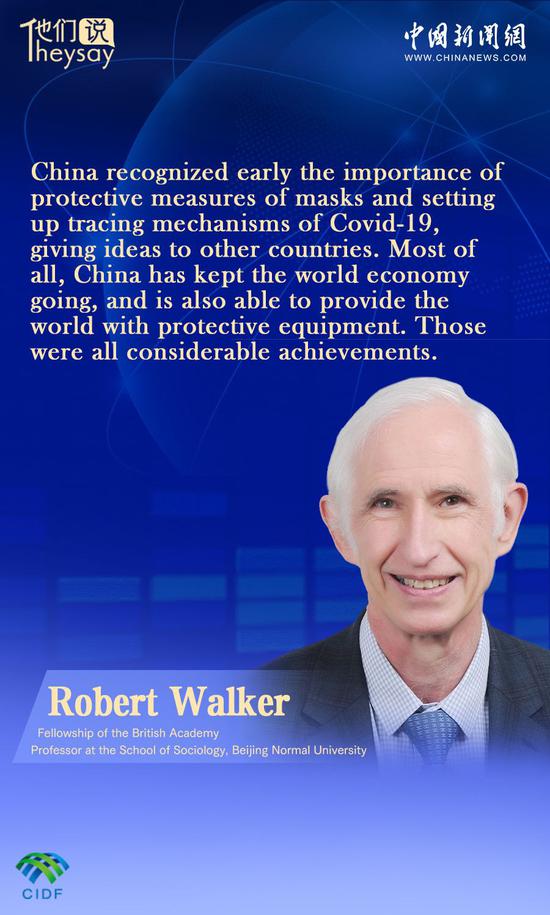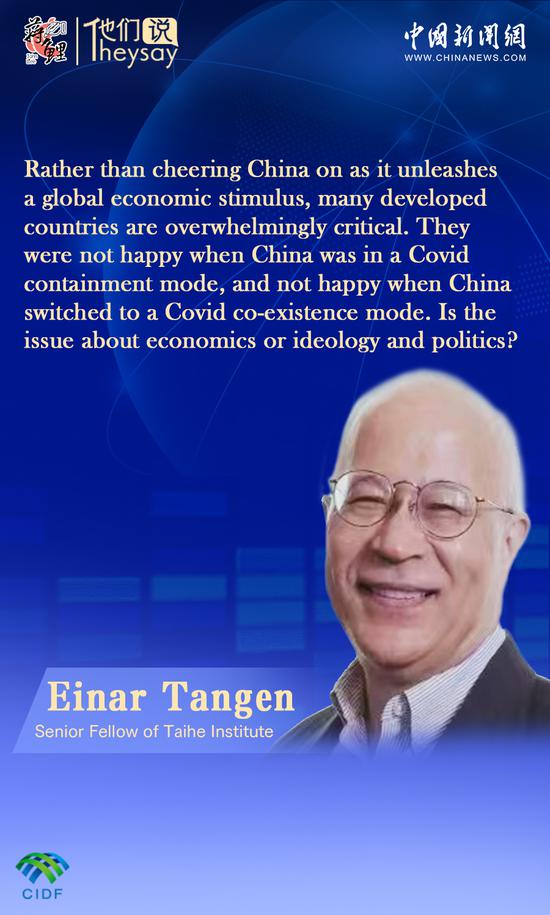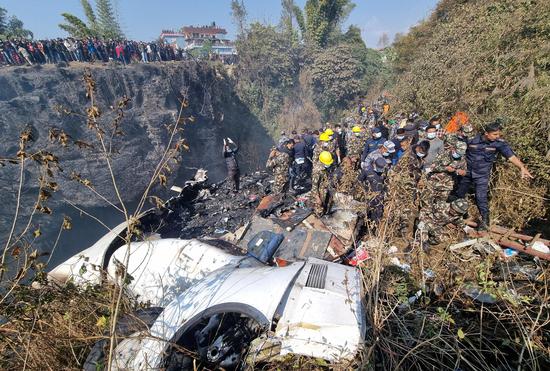More unsheltered people in the United States are living in tents or sleeping on the streets as states and municipalities tighten rules to make homeless camps illegal.
At least 100 jurisdictions have laws restricting unhoused people camping in public spaces, according to the National Homelessness Law Center. California, Florida, New Hampshire and Texas have imposed blanket statewide camping bans.
A rising number of municipalities have approved statutes criminalizing homelessness despite the inadequate affordable housing options, made worse by the pandemic-related surge in inflation.
Such measures are needed to protect public safety and to discourage homeless people from living in unsafe and unsanitary conditions, city officials said. However, experts are concerned that the laws do not have the desired effect.
"Most measures that criminalize homelessness are reactive to public pressure rather than based on any evidence-based solution to homelessness," said Benjamin Henwood, director of the Center for Homelessness, Housing and Health Equity Research at the University of Southern California.
In addition, figures suggest that these measures are costly in terms of public dollars and do not fundamentally tackle the problem of homelessness, he said.
For example, between 2010 and 2014 criminalizing homelessness cost Colorado taxpayers $3.23 million, according to a study by researchers at the University of Denver.
Driven by the dearth of affordable housing compounded by rising living costs, the rate of homelessness across the country has continued to rise. According to federal figures, 582,462 people were experiencing homelessness in January last year.
The crisis has prompted more states and municipalities to enact ordinances to ban people from sleeping in public areas as a way of resolving the issue.
In Missouri, from Jan 1 anyone sleeping in places such as public parks or under bridges is liable to receive a citation for a misdemeanor.
"It focuses on diverting existing resources to programs which actually work and holding those programs accountable by comparing results," Bruce DeGroot, a former House of Missouri member, said on the day the bill was signed into law, St. Louis Public Radio reported.
City leaders in Portland, Oregon, approved a measure in November banning people living in tents. The ban will also create six large city-approved camping sites, and 20,000 units of affordable housing will be built.
Victor Regnier, a professor of architecture and gerontology at the University of Southern California, said the Portland policy "makes sense to me".
It creates places for emergency shelter that are adequate and develops an aggressive plan to build affordable housing, he said.
"The homeless population in California (and elsewhere) is a difficult population to reach because many have chemical dependency problems (drugs and alcohol) that are severe and often lock them into that situation."
The lack of housing supply and of affordable housing are the main causes behind the homeless crisis, Regnier said.
"Locking up people because they have no place to go is both cruel and counterproductive," he said.
LIU YINMENG in Los Angeles


















































 京公网安备 11010202009201号
京公网安备 11010202009201号